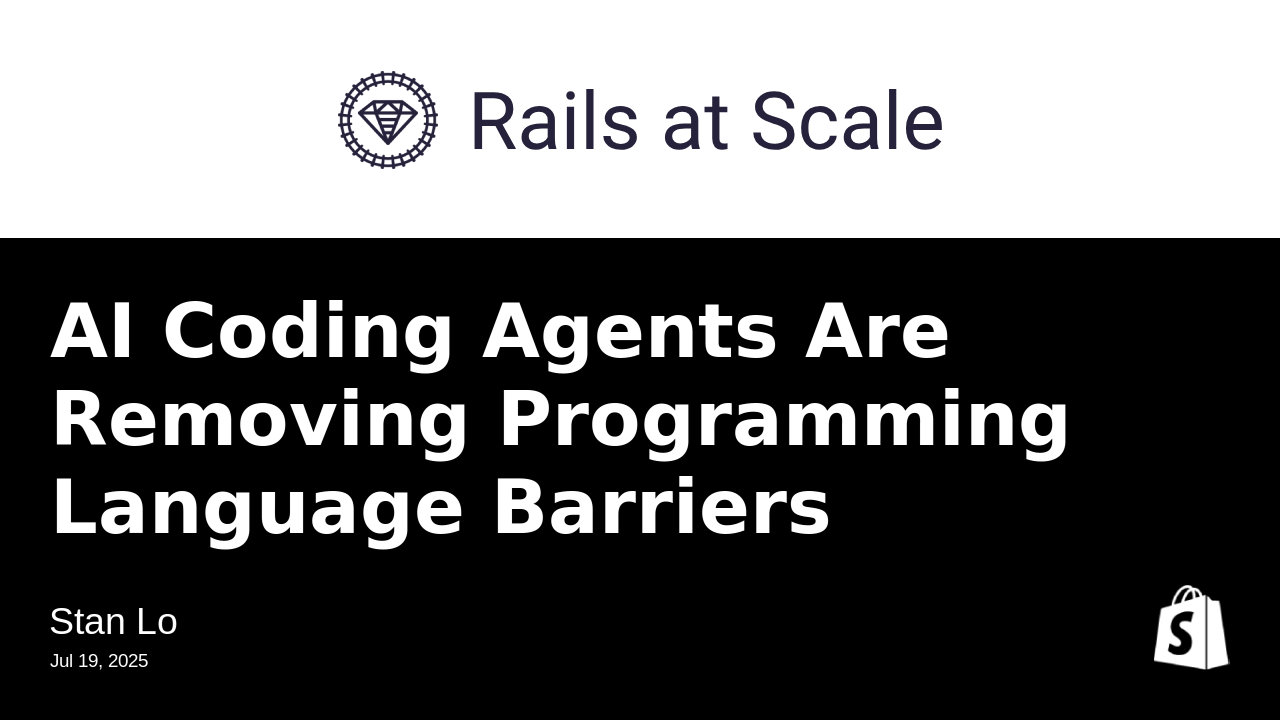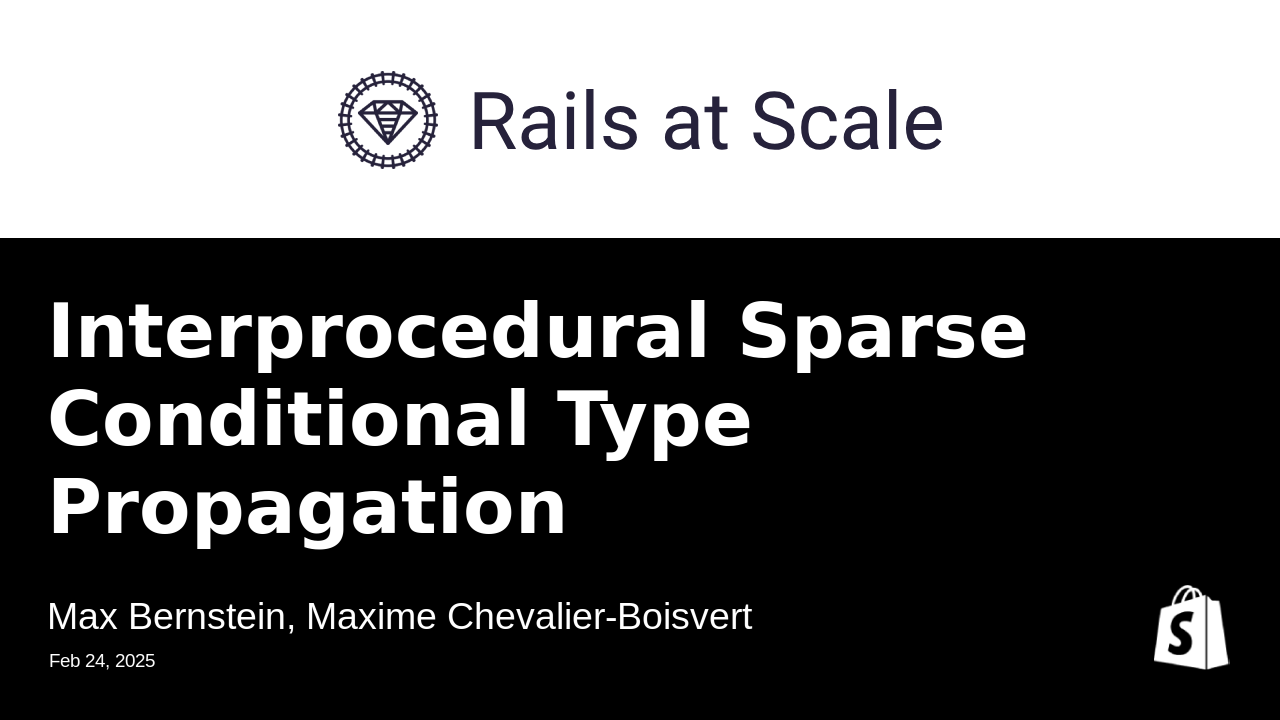Under the Hood of Ruby's JIT Compilers

This article delves into the inner workings of Ruby's JIT compilers, such as YJIT and ZJIT. It explains how JIT-compiled code coexists with bytecode and how Ruby switches between execution modes. The article also clarifies how Ruby decides which methods to compile (based on call counts) and when JIT-compiled code falls back to the interpreter (e.g., TracePoint activation or redefined core methods). In essence, Ruby's JIT compiler strikes a balance between performance and correctness through an ingenious mechanism.
Read more


